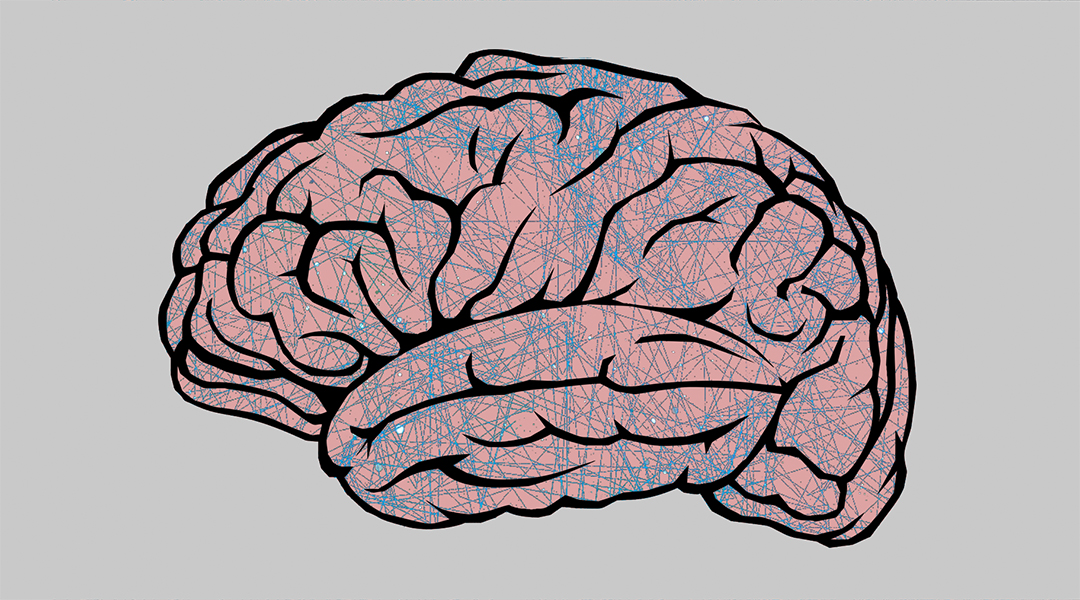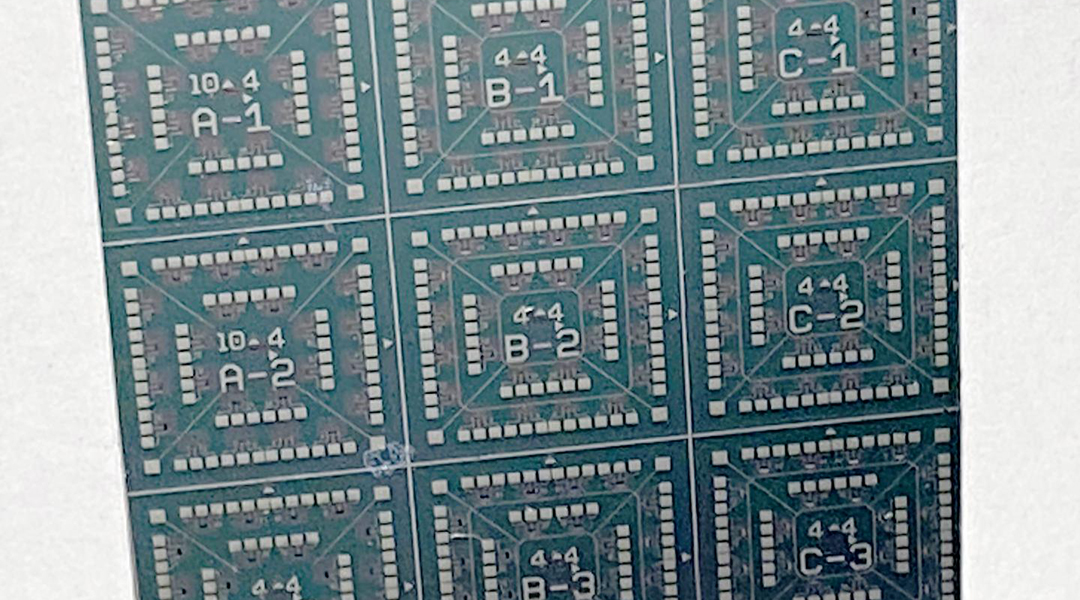Replacing animal testing with the ever-growing capabilities of AI and deep learning could help minimize the need for animals in scientific discovery.


Replacing animal testing with the ever-growing capabilities of AI and deep learning could help minimize the need for animals in scientific discovery.

Following the tireless efforts of researchers and scholars, name change policies are becoming more prominent among scientific publishers, sparking hope for meaningful change.

An intelligent material that learns by physically changing itself, similar to how the human brain works, could be the foundation of a completely new generation of computers.

Conquering cloud and nighttime solar intermittency comes from the phenomenon of persistent photoconductivity observed in materials that contain sub-bandgap trap states.

Researchers create a quantum nanochip that is capable of producing stable, high-quality qubits and could open doors for powerful quantum computers.

The quantum computer named Jiuzhang was able to complete a task 100 trillion times faster than one of the world’s fastest super computers.

Computers relying on subatomic physics: what are quantum computers, and how will they revolutionize our computing abilities?

Complex 3D nanoscale architectures based on DNA self-assembly can conduct electricity without resistance and may provide a platform for fabricating quantum computing and sensing devices.

The waste chips of paint you strip off the walls might not be so useless afterall.

A new computing paradigm could help us to overcome a key performance bottleneck to improve our ability to query large data bases.